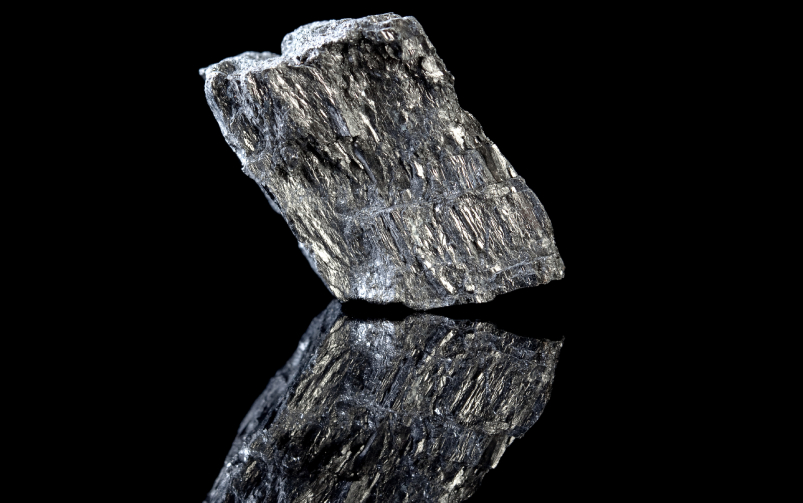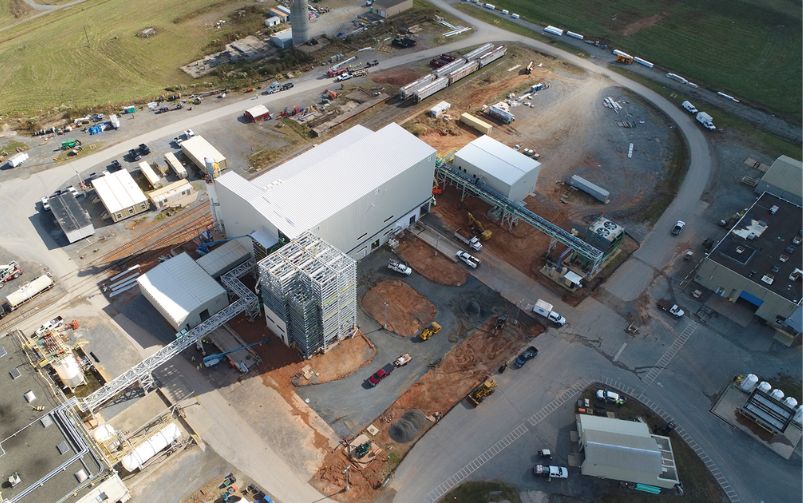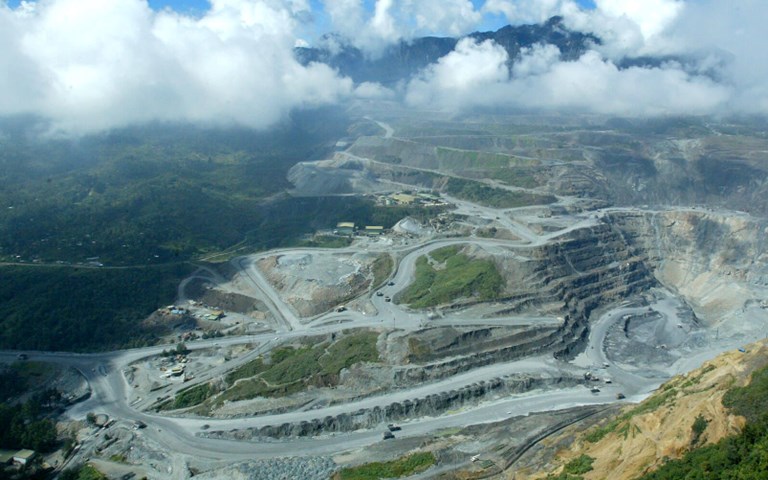Barrick Gold's lowered gold production in 2022 is attributable in part to the halted operations at its Porgera mine in Papua New Guinea. Courtesy of Barrick Gold.
Welcome back to your weekly mining news recap, where we catch you up on some of the news you may have missed. This week’s headlines include a deal that gives a B.C. First Nation veto power over a mining project, a land donation to Labrador City from IOC, and a Canadian fuel cell manufacturer developing of a hydrogen-fueled haul truck.
Due to the complexity that comes with recording and reporting Scope 3 emission data from mining projects, some mining companies are now engaging in conversations with suppliers to consider applying low-carbon technologies and methods for the downstream use of metals. The Coalition on Materials Emissions Transparency is currently aiming to capture more accurate Scope 3 emissions through the development of a standardized framework to better track supply chain emissions which would allow companies to report commodity-specific data. Some other methods that mining companies are employing amidst the decarbonization shift include Rio Tinto and Alcoa’s carbon-free aluminum smelting, Glencore’s plan to integrate climate targets during the selection of suppliers, and more.
Australia-based Allkem Ltd.’s request to develop a lithium mine in northern Quebec was approved by the federal government, as reported by The Financial Post. The approval, however, also comes with 271 conditions, such as environmental protection measures, which must be followed during the mine’s life cycle. The estimated life of mine is 15 to 20 years and is expected to yield approximately 321,000 tonnes of spodumene concentrate per year.
A unique deal is in place between NWP Coal Canada and the Yaq̓it ʔa·knuqⱡi'it (YQT) First Nation community which would grant the community the right to veto NWP’s proposed Crown Mountain coal mining project in southeastern British Columbia, as reported by CBC News. The project, planned to be constructed near Elkford starting in 2025, requires approval from the federal and provincial government and the YQT First Nation.
Summit Nanotech, a startup company based in Calgary that specializes in creating lithium extraction solutions, has received $67.4 million in funding, as reported by BetaKit. The private funding was arranged by Evok Innovations and BDC Capital’s Climate Tech Fund. This particular investment will be assigned to building demonstration units for Summit’s South American customers.
The process charter for Skeena Resources’ Eskay Creek gold-silver project, located in B.C.’s Tahltan Territory, has been signed and approved. The charter, okayed by the Tahltan Central Government and the Government of B.C., lays out a work plan that will aid in the project’s environmental assessment and permitting processes. The environmental assessment process is expected to be completed in 2024, with the final project permits estimated to be issued during 2025.
New Gold’s Rainy River gold-silver mine has reached its gold production target for 2022, as reported by Northern Ontario Business. The open pit mine yielded 229,822 ounces of gold during 2022, a strong end result despite its dip in production during May and June due to issues arising from snow melt and heavy rainfall. The mine made its transition from open pit to underground operation in 2022, extending its life to 2031.
Labrador City has been granted 34 hectares of land by the Iron Ore Company of Canada in an effort to aid the town’s expansion, as reported by CBC News. A total of 17 plots of land were donated to the town valued at roughly $4.2 million as part of a deal 10 years in the making. The plots will be used for various opportunities, including the development of a recreational area.
Following the release of its Q4 production results, Barrick Gold reported its lowest annual output since 2000, as reported by Mining.com. The company yielded 4.14 million ounces of gold for 2022, missing its guidance of between 4.2 million and 4.6 million ounces, attributed in part to repairs to its Nevada operations and halted production at its Porgera mine in Papua New Guinea.
Adani Enterprises Limited, an India-based company, has signed an agreement with Ashok Leyland and Canada’s Ballard Power to begin a pilot project to develop a hydrogen fuel cell electric mining truck, as reported by Reuters. Adani is expected to lead the project, with Ballard providing the fuel cell engine and Ashok Leyland supplying the vehicle and technical support. The vehicle is set to be released in India during this year.
Canada Nickel Company has confirmed that its Reid property in Ontario is a major discovery with a target geophysical footprint larger than its flagship Crawford project, as reported by Mining.com. According to the company, 16 drill holes have been completed on the property, and all have intersected multi-hundred-metre intervals of nickel mineralization with grades ranging from 0.2 per cent to 0.31 per cent nickel. The company believes that the Crawford project contains the fifth-largest nickel sulphide resource globally, making this new discovery significant.
That’s all for this week. If you’ve got feedback, you can always reach us at editor@cim.org. If you’ve got something to add, why not join the conversation on our Facebook, Twitter, LinkedIn or Instagram pages?




